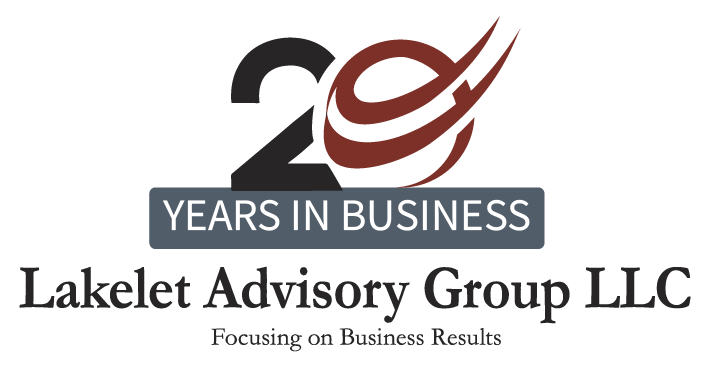Frequently Asked Questions
These are actual questions that have been submitted.
Q: Why is it important to engage an independent professional for a business valuation?
A: Business valuations can vary significantly among brokers and accountants due to the numerous factors influencing a company's value. Hiring a professional independent business valuator helps eliminate inconsistencies and provides a deeper insight into your company's true worth. Having an accurate valuation empowers you during the sales process, preventing unrealistic expectations and avoiding the regret of selling for less than your business is actually worth.
Q: Are professional credentials and experience necessary for a business valuation?
A: Not all business valuations are created equal; a credible valuation necessitates an experienced and knowledgeable professional capable of providing an independent, well-reasoned, and well-supported opinion. Courts, the Internal Revenue Service, and other authorities require valuations conducted by credentialed professionals. Unlike many other fields, business valuation lacks specific licensing requirements, and the competency of self-proclaimed “experts” can vary widely. However, reputable organizations, such as the American Institute of Certified Public Accountants (AICPA), offer professional certifications, including the Accredited in Business Valuation (ABV) designation, which is awarded to CPAs who pass a rigorous exam and demonstrate significant experience in the field.
Q: I am an attorney. How should I select a Business Valuation Specialist?
A: Attorneys frequently need to choose an expert for business valuation or to provide litigation support services. It is estimated that expert witnesses are utilized in approximately 80% of civil cases. To select a qualified business valuation expert, consider the following steps:
Evaluate Credentials: Verify the expert's professional qualifications and certifications.
Assess Experience: Look for relevant experience in business valuation and related services.
Understand the Holistic View: Ensure the valuator comprehends not just the numerical aspects but also the broader context of the business.
Q: Why shouldn't I rely solely on the EBITDA multiple for valuing my business?
A: While the EBITDA multiple offers a straightforward method for discussing business value, it oversimplifies the complexities involved in valuation. Using multiples entails numerous assumptions about the company's return on invested capital (ROIC), reinvestment rate, discount rate, and future cash flow growth. Relying solely on an EBITDA multiple can lead to undervaluation, potentially resulting in a business owner selling for less than its true worth, or heirs overpaying estate taxes after the owner's passing. Therefore, investing in a comprehensive business valuation can be a valuable decision.
